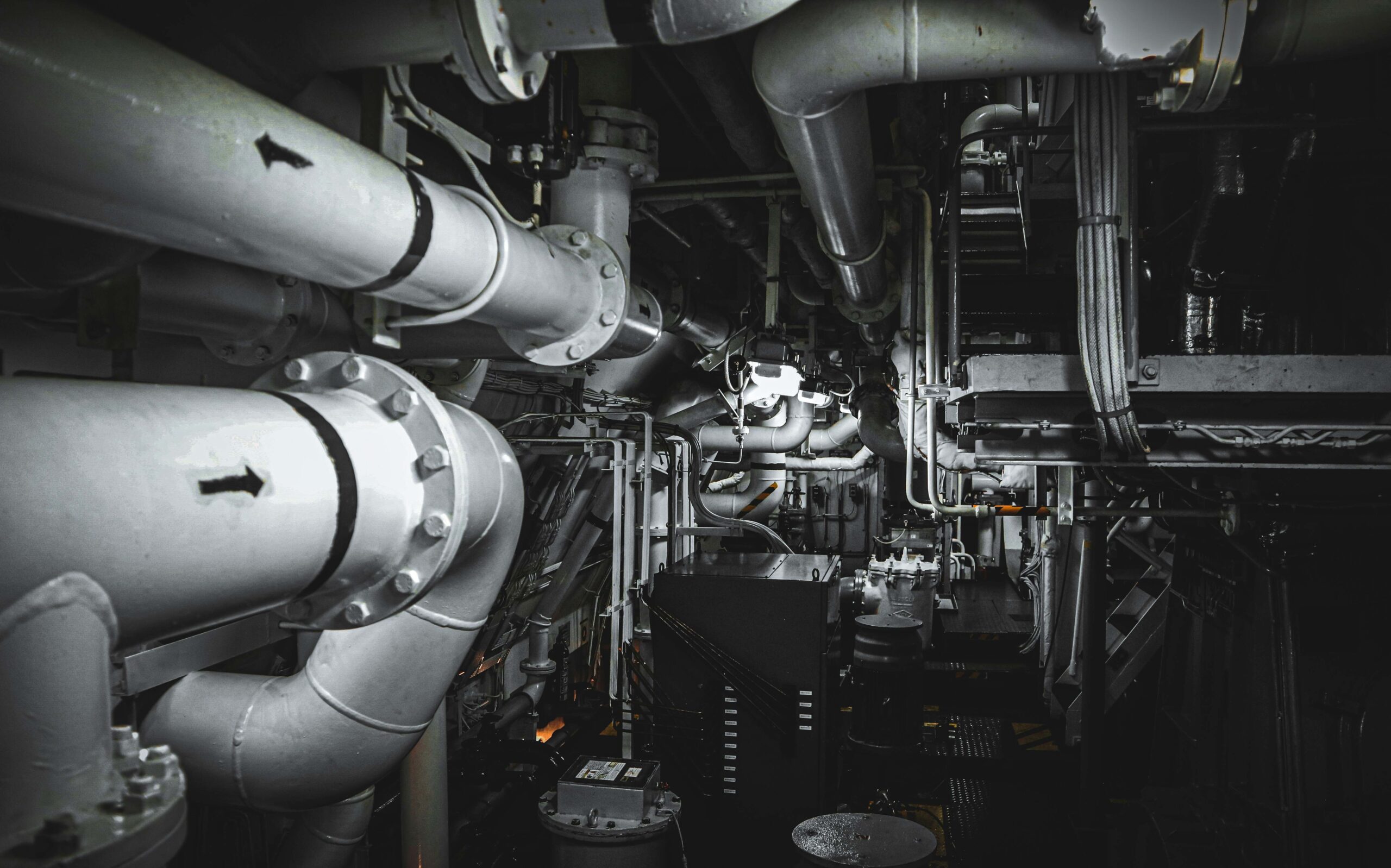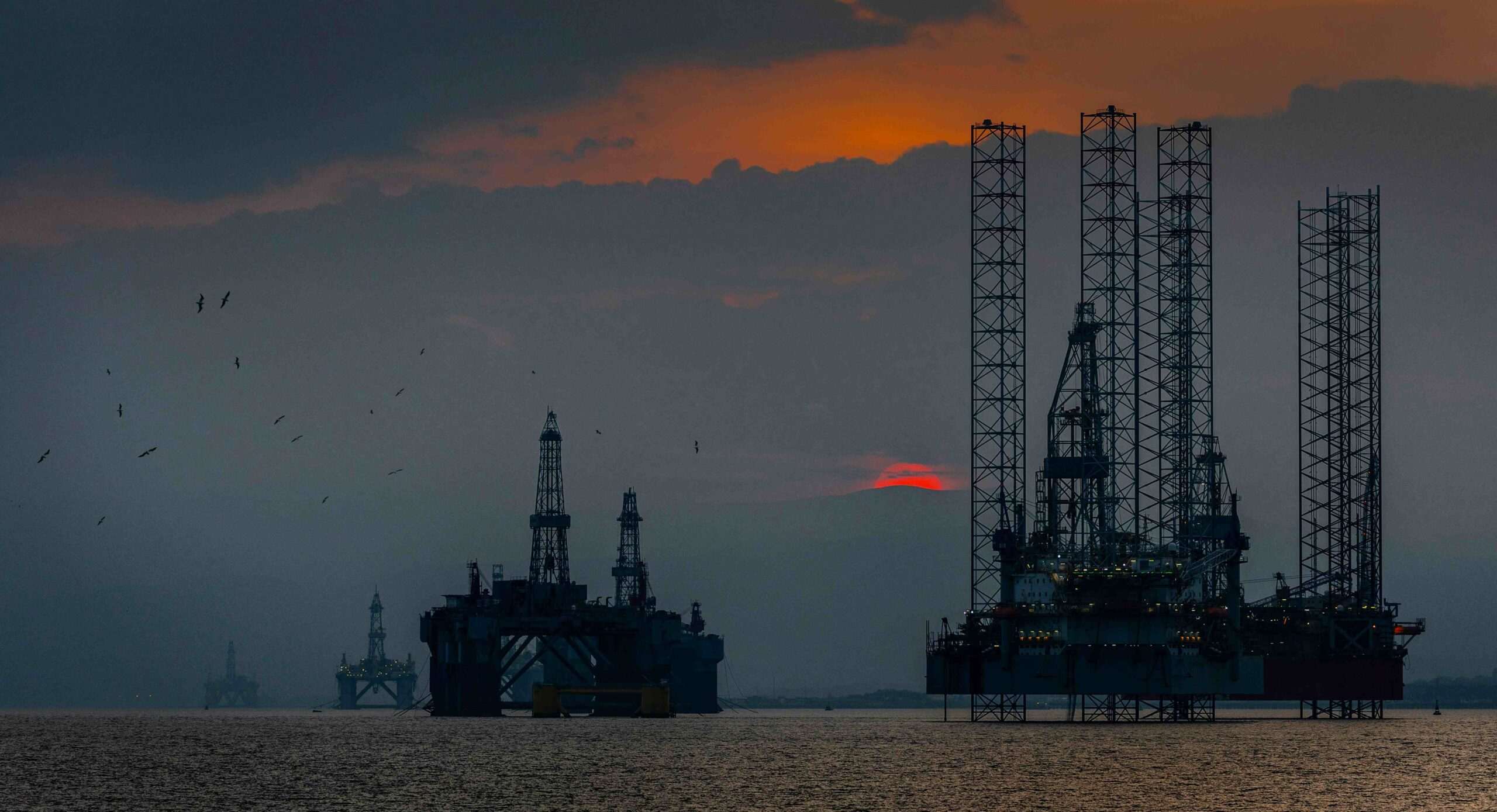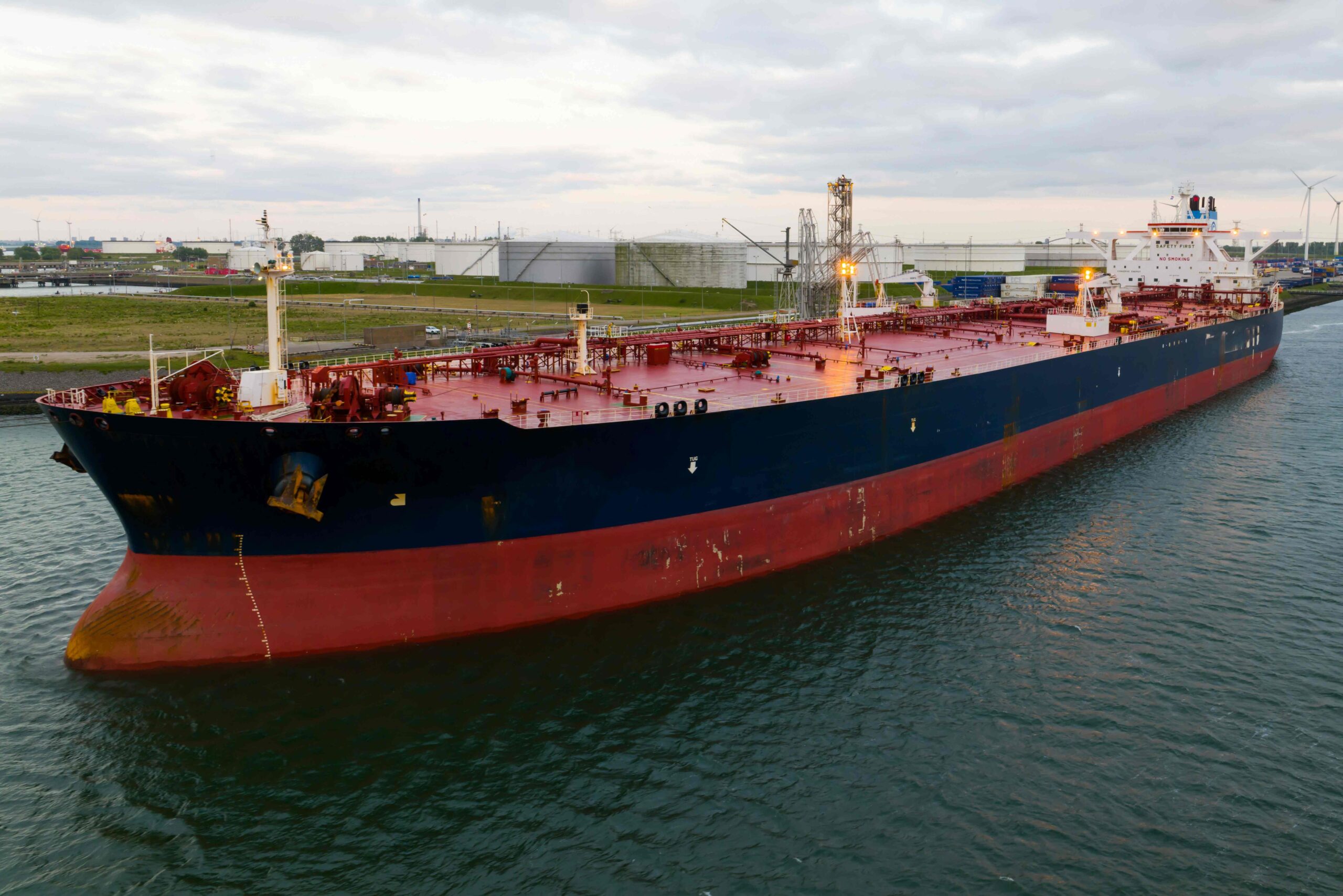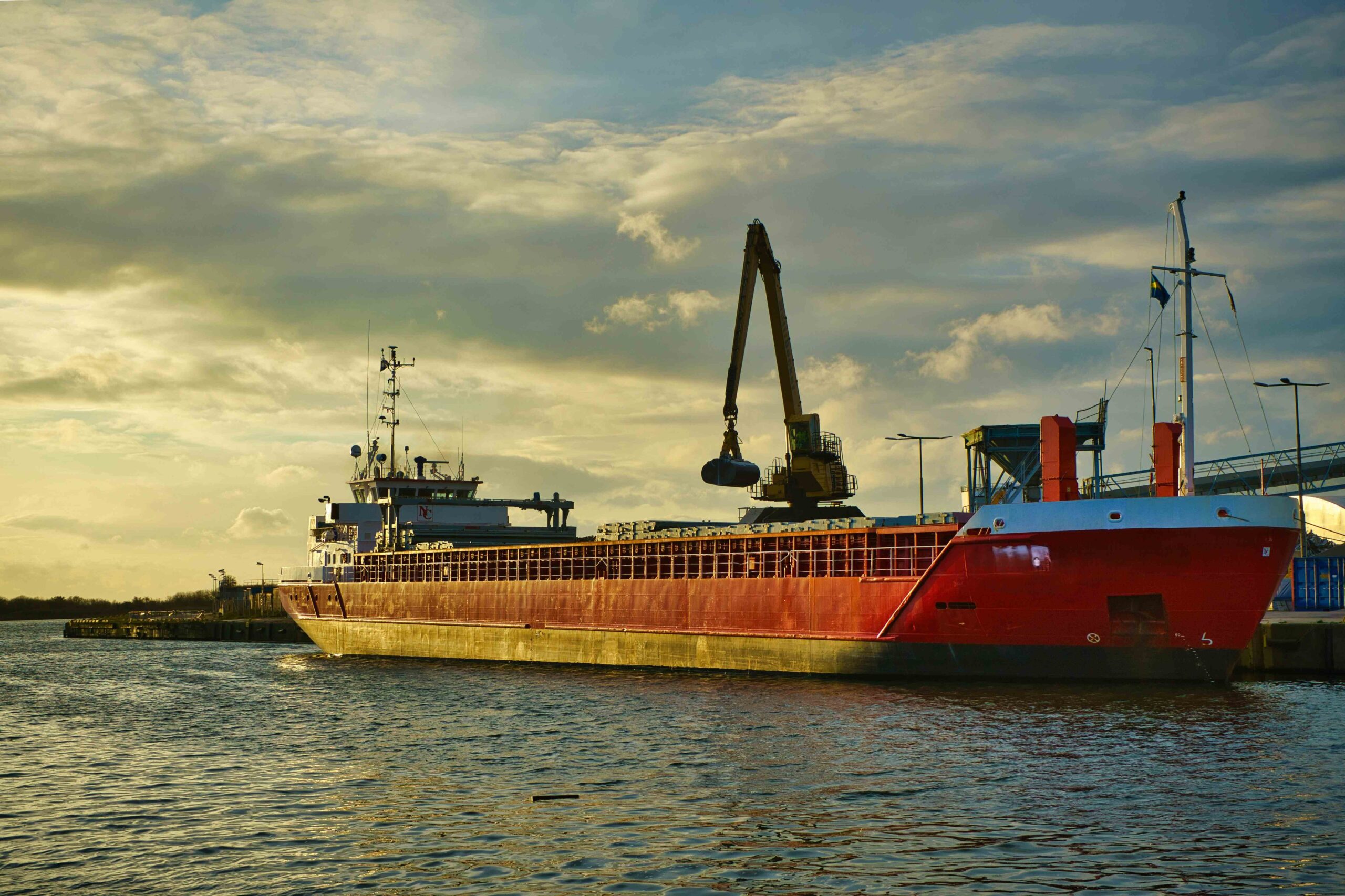Advances in Catalytic Processing of Heavy Oils into Marine Fuels
Introduction As the maritime industry faces increasing pressure to reduce its environmental footprint, the adoption of green bunker fuel solutions has become a focal point. Various shipping companies and organizations are pioneering the use of alternative fuels and technologies to meet stringent emission
Case Studies on the Implementation of Green Bunker Fuel Solutions
Introduction As the maritime industry faces increasing pressure to reduce its environmental footprint, the adoption of green bunker fuel solutions has become a focal point. Various shipping companies and organizations are pioneering the use of alternative fuels and technologies to meet stringent emission
Energy Transition: Role of Hydrogen in the Future of Marine Fuels
IntroductionThe maritime industry is undergoing a significant transformation as it seeks sustainable and environmentally friendly alternatives to conventional marine fuels. Among the various potential solutions, hydrogen stands out as a promising candidate due to its zero-emission profile when used in fuel cells. This
Impact of Global Trade Policies on Bunker Fuel Supply Chains
Introduction Bunker fuel, essential for powering the global shipping industry, has its supply chains intricately linked to international trade policies. These policies can have profound effects on the availability, pricing, and distribution of bunker fuels. This article delves into the various ways global
Strategies for Reducing Soot and Particulate Emissions from Bunker Fuels
Introduction Soot and particulate matter emissions from bunker fuels pose significant environmental and health concerns, particularly in maritime transport. As regulatory bodies tighten emission standards, and societal expectations for cleaner air increase, the maritime industry faces the challenge of reducing these harmful emissions.
Advanced Computational Models for Bunker Fuel Combustion Analysis
Introduction In the realm of marine engineering and environmental sustainability, the analysis of bunker fuel combustion has become increasingly crucial. Bunker fuels, which power marine engines, pose challenges related to efficiency, emissions, and compliance with stringent environmental regulations. Advanced computational models have emerged
Fuel Injector Technologies for Bunker Fuel in Marine Engines
Introduction In marine engines, fuel injectors are vital for delivering precise amounts of fuel into combustion chambers at high pressures. This process is crucial for maximizing engine performance, reducing emissions, and meeting strict environmental standards. As the maritime industry evolves, the choice of
Fuel Injector Technologies for Bunker Fuel in Marine Engines
Introduction In marine engines, fuel injectors are vital for delivering precise amounts of fuel into combustion chambers at high pressures. This process is crucial for maximizing engine performance, reducing emissions, and meeting strict environmental standards. As the maritime industry evolves, the choice of
Impact of Fuel Stability and Compatibility on Marine Operations
Introduction Fuel stability and compatibility are pivotal aspects of maritime operations, profoundly influencing vessel safety, operational efficiency, and environmental compliance. Given the diverse range of bunker fuels used in marine engines, ensuring these fuels remain stable and compatible throughout their lifecycle—from storage and
Energy Density and Calorific Value of Various Bunker Fuels
Introduction The energy density and calorific value of bunker fuels are fundamental factors influencing their suitability for maritime applications. Bunker fuels, essential for powering ships across global waters, vary widely in composition and energy content. Understanding these characteristics is crucial for optimizing fuel









